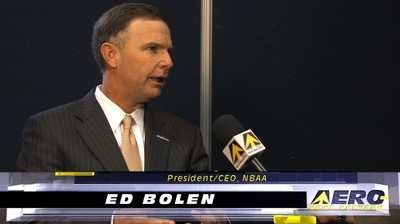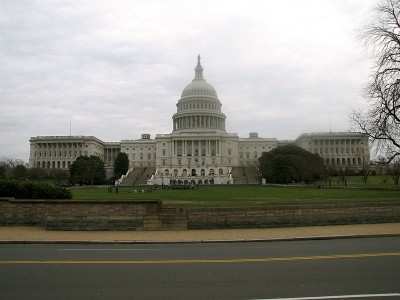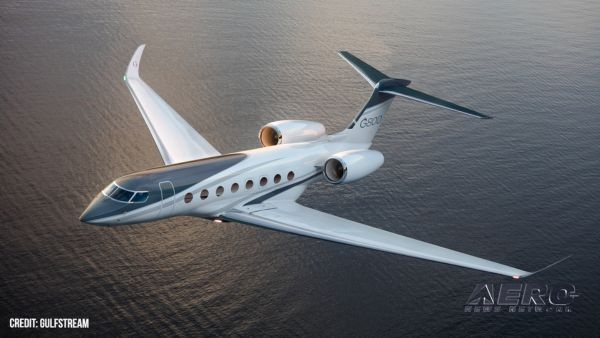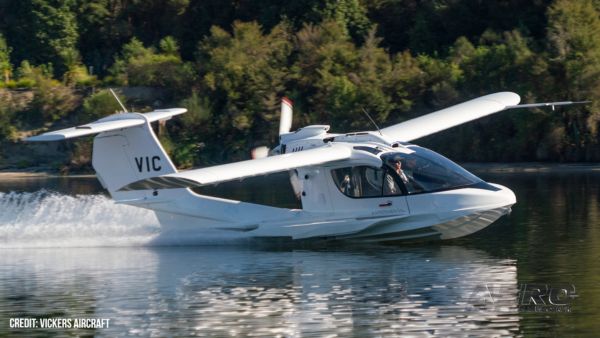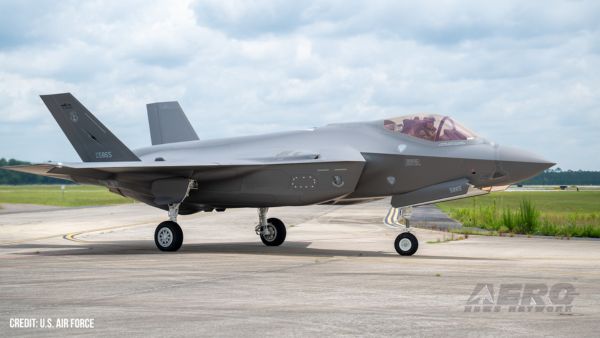Sat, Jul 23, 2011
Advertisement
More News
 Airborne 08.22.25: ARC Spinoff, Nat'l Championship Air Races, Hawkins Accident
Airborne 08.22.25: ARC Spinoff, Nat'l Championship Air Races, Hawkins Accident
Also: H55 Completes American Tour, Robinson Trade-Ins, Retired AV-8B Harrier, NS-35 Mission Organizers of the iconic annual Air Race Classic will soon be opening registration for t>[...]
 Airborne 08.27.25: Air Race Tkt Discounts, Europe AvGas, Deportation Flights?
Airborne 08.27.25: Air Race Tkt Discounts, Europe AvGas, Deportation Flights?
Also: 500-Aircraft Deal With China, Florida ANG's F-35, FAA Denies Petition, UC Central Arkansas Aviation Academy The Reno Air Racing Association (RARA) is offering its apologies t>[...]
 Airborne Affordable Flyers 08.28.25: Midwest Av Expo, Vickers, Air Race Classic
Airborne Affordable Flyers 08.28.25: Midwest Av Expo, Vickers, Air Race Classic
Also: Air Race Tkts Marked Down, Kirk Hawkins Lost, GADFLY AI-Driven Engine Analysis, Sport Aviation Halls of Fame The Aero-News crew is getting ready to pack up a lot of video gea>[...]
 Aero-News: Quote of the Day (08.30.25)
Aero-News: Quote of the Day (08.30.25)
"This is just an absolute win win win. If there is a rejected takeoff we now have the confidence that the arrestor system will ensure passenger and crew safety." Source: FAA Admini>[...]
 ANN's Daily Aero-Term (08.30.25): Low Approach
ANN's Daily Aero-Term (08.30.25): Low Approach
Low Approach An approach over an airport or runway following an instrument approach or a VFR approach including the go-around maneuver where the pilot intentionally does not make c>[...]
blog comments powered by Disqus

